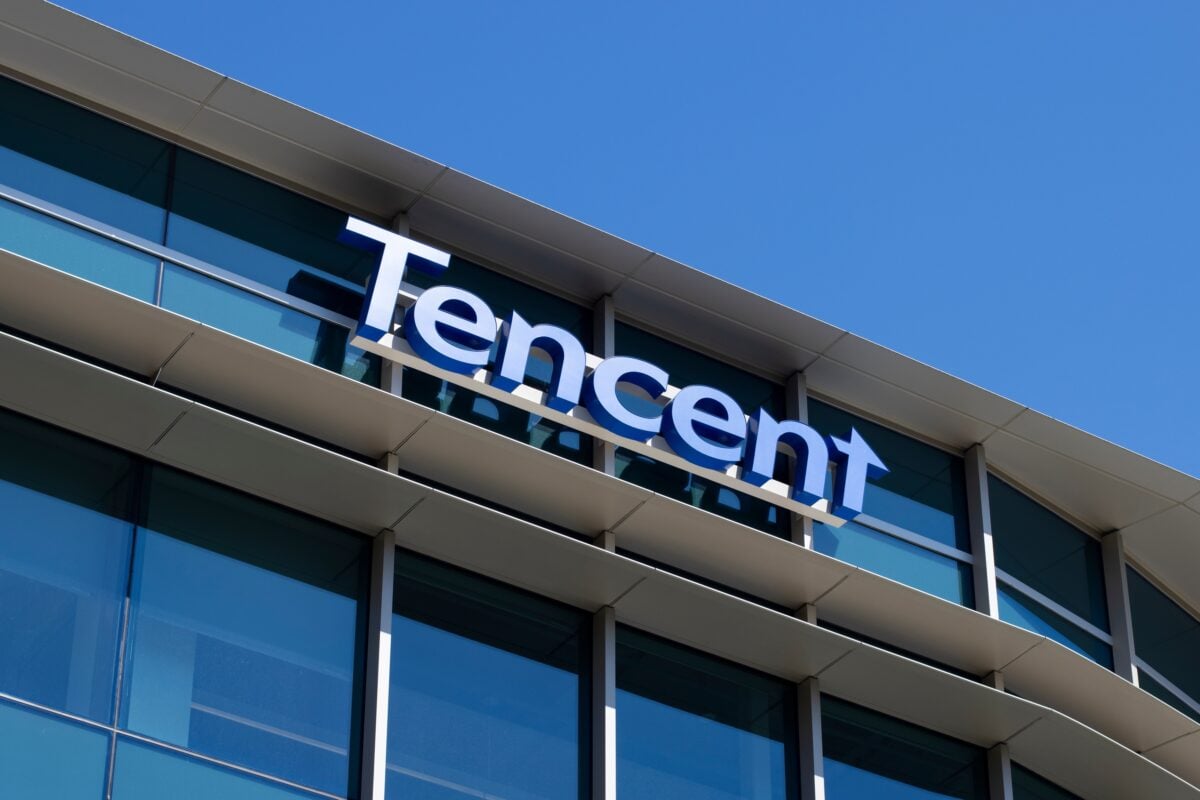TLDRs;
Contents
- Tencent’s Yuanqi platform is the first AI agent tool to integrate WeChat Pay for direct transactions.
- Developers can now build AI agents that handle ordering, tipping, and payments in one interface.
- The move strengthens Tencent’s digital ecosystem and commercial AI strategy.
- It comes at a critical time as investors seek clearer signs of AI monetization from China’s tech giants.
Tencent has taken a significant step toward commercializing artificial intelligence with the integration of WeChat Pay MCP into its AI agent platform, Yuanqi.
This move marks the first time a major AI agent development platform in China has incorporated native payment tools, signaling Tencent’s intent to monetize AI use cases more directly and aggressively.
The integration enables developers building on Yuanqi to embed features like ordering, tipping, and transaction tracking into their AI agents. These capabilities are seen as essential for bringing transactional functionality into AI-powered services, such as virtual assistants, automated customer support, and e-commerce agents.
Yuanqi gets a payment upgrade
Yuanqi, Tencent’s proprietary AI agent development platform, was launched as part of the tech giant’s push to expand its role in China’s growing AI ecosystem.
By adding WeChat Pay MCP, developers can now create agents that handle financial transactions entirely within the chat interface, effectively bridging the gap between interaction and monetization.
For instance, a food ordering bot built on Yuanqi could now not only take a customer’s order but also complete the payment process without redirecting users to external websites or apps. Similarly, digital assistants could manage service tips or ticket purchases within a single conversation.
Strengthening the Tencent ecosystem
This payment integration also plays to Tencent’s broader strength, its tightly woven digital ecosystem. With platforms like WeChat, QQ, and Tencent Cloud already in place, Tencent is well-positioned to offer end-to-end solutions for AI-driven commerce.
The addition of WeChat Pay tools within Yuanqi means AI agents built on the platform can immediately tap into a massive base of users and businesses already familiar with Tencent’s payment infrastructure.
Tencent appears to be betting that this integration will not only simplify developer workflows but also accelerate adoption among users and companies looking to build scalable AI-powered applications.
Riding the wave of AI commercialization
The update comes at a pivotal moment for Tencent and the broader Chinese tech sector. Following a period of stock volatility and investor caution, companies like Tencent are seeking ways to show that their heavy AI investments can translate into real revenue.
The move is also notable amid China’s intensified focus on AI innovation. As competition increases, especially from startups launching their own large language models and agent tools, legacy tech firms are under pressure to differentiate their platforms. By turning AI agents into direct revenue channels, Tencent is positioning Yuanqi not just as a development tool, but as a commercial engine.
Market timing and investor attention
Tencent’s push to monetize AI through Yuanqi arrives just days after a major selloff in its stock, alongside other Chinese tech giants like Xiaomi and Alibaba. Investors have been closely watching how firms like Tencent plan to turn their AI strategies into sustainable growth, especially as early AI rallies begin to fade.
While share prices have remained relatively flat since April, analysts suggest that moves like the WeChat Pay integration could act as catalysts for renewed investor confidence, particularly if they lead to increased usage of AI agents across Tencent’s platforms.


